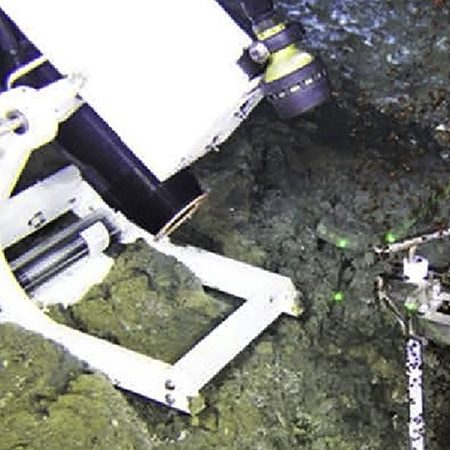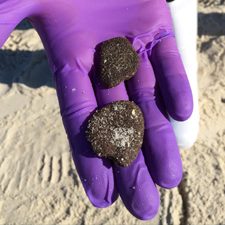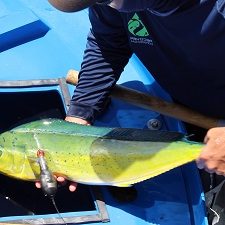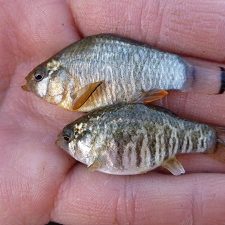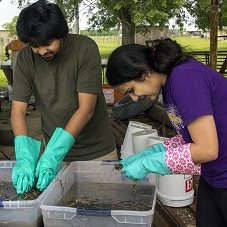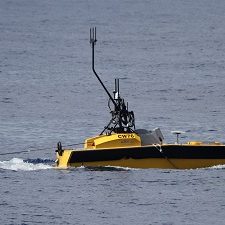Study Characterizes Oil and Gas Bubbles Released from Natural Hydrocarbon Seeps
Scientists video recorded bubbles released from natural seafloor seeps in the Gulf of Mexico to determine the rate and volume of oil and gas released. The researchers observed that oily bubbles were larger and released more slowly than gaseous or mixed (part-oil, part-gas) bubbles.

